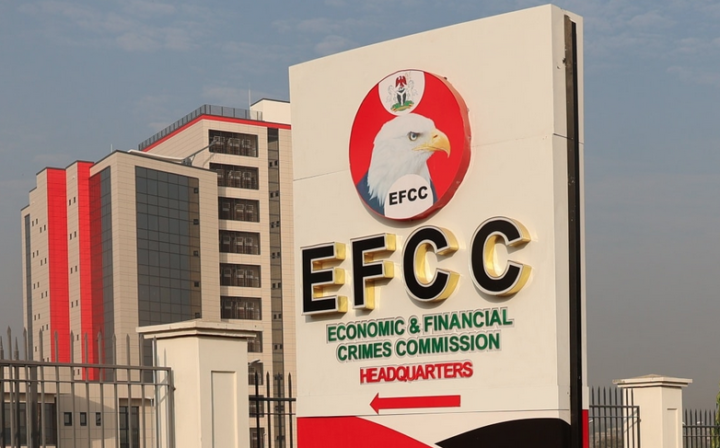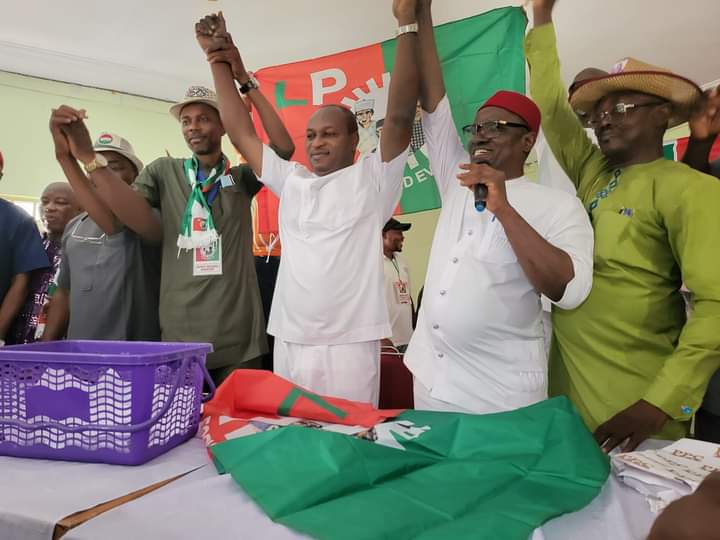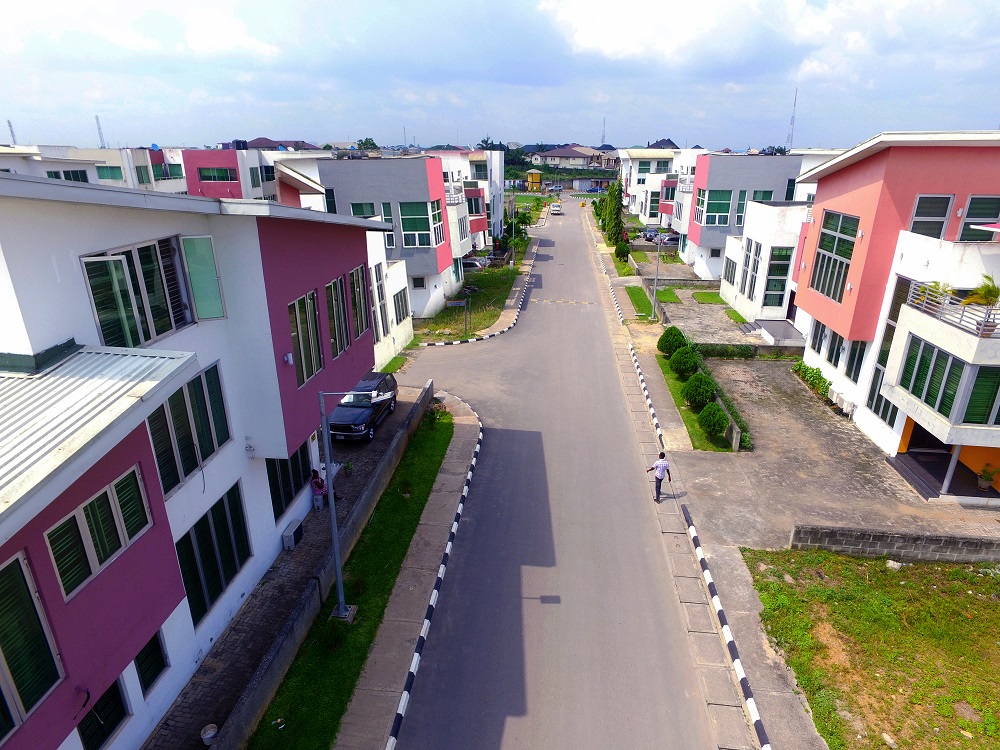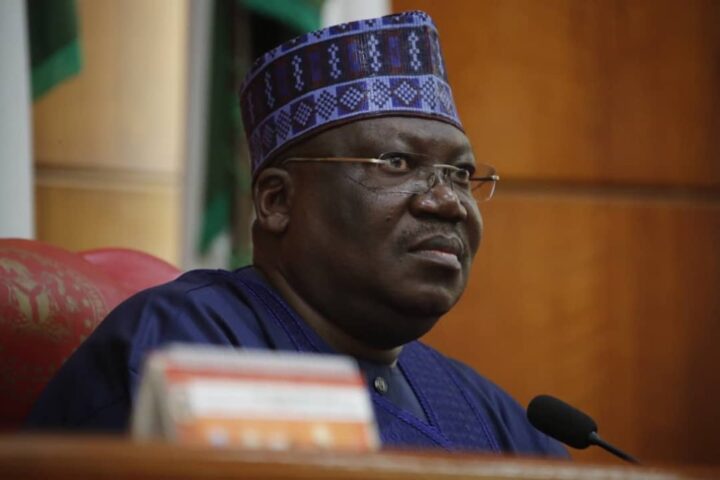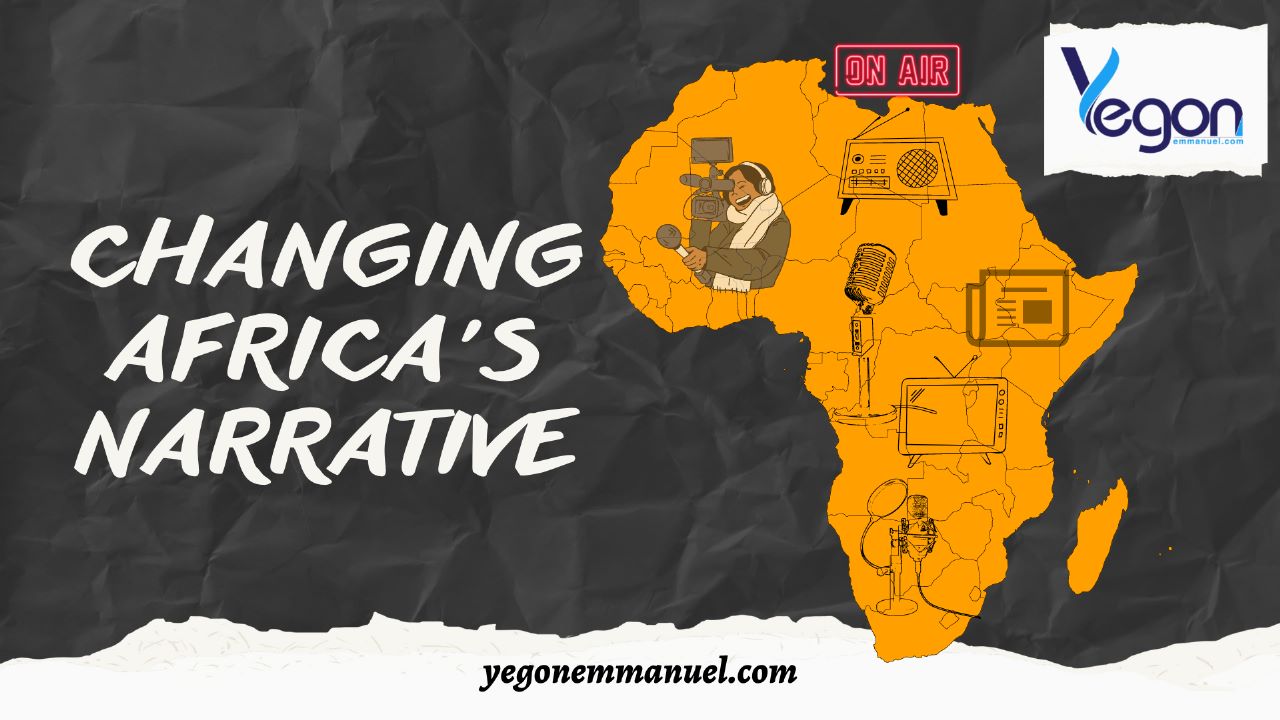BY BUKOLA AFENI
As Africa continues to battle its developmental challenges, in terms of health security, the leaders need to work towards attaining universal health coverage. A healthy nation will threaten the development of other sectors of the country.
Across Africa, the lack of good primary healthcare facilities is evident in most communities, especially remote ones. The money spent on out-of-pocket expenses is quite alarming. Disease outbreaks, high mortality, and the rise in non-communicable diseases are affecting the booming population of the various societies of the continents. African leaders need to show commitment to addressing the population’s health needs and bringing about the attainment of sustainable development goals.
The World Health Organisation said nearly eleven million Africans fall into poverty each year due to out-of-pocket health costs. Some other people do not have access to health services, because of low health service coverage.
Advertisement
Africa has the youngest population in the world with over 400 million young people within the age range of 15-35. It is however worrisome that only Rwanda has reached the target of spending 15% of its budget on the health sector.
To bring about inclusive health systems in Africa, it is important to involve young people in the decision-making process through innovations in digital health to ensure equal access to health services in the continent, which will bring about the attainment of universal health coverage in Africa.
Some young Africans are taking action on the continent through innovations in digital health, and the COVID-19 pandemic created opportunities for young people to explore different options and bring about great development in the health sector, there is still room for the involvement of more people in this age demography.
Advertisement
The 17 sustainable development goals also known as global goals were adopted as successor development goals to the millennium development goals (MDGs) by World leaders in 2015. The SDGs are a universal call to action to end poverty, safeguard the planet and ensure that all people enjoy prosperity and peace by 2030. SDG 3 targets ensuring healthy living, and promoting well-being for all individuals. It includes achieving universal health coverage, including financial risk protection, access to quality essential health care services, and access to safe, effective, quality, and affordable essential medicines and vaccines for all.
Mouhamadou Dieng, the policy and research manager of Speak Up Africa, said active involvement and investment of young people in health innovation will bring about a great transformation in universal health coverage in Africa.
“The main issue we are having nowadays in terms of attaining universal health coverage is that countries are not investing in health innovations. We need to encourage more young people to get into the health system. We should also prioritise health education, and allow young people to take the lead through an innovative approach,” he said.
He encouraged African leaders to influence policy and decision-making that will improve universal health coverage in different countries on the continent.
Advertisement
“The politicians and the decision makers are making a lot of decisions regarding health care management, and they need to come up with decisions that will improve health outcomes of the people, irrespective of their status,” he said.
“Some African leaders were part of the African Union Agenda, where they took a decision to allocate at least 12-15 % of the total budget to health expenditure. Our leaders need to respect what they sign in the agreement. Leaders in African countries should have specific goals that will drive the health sector, and make health a top priority.
“African leaders should make access to health care services their top priority agenda. Citizens will respect politicians that provide health care services to them in fifteen or twenty years’ time.
“The youth also need to know their responsibility toward universal health coverage. They need to make meaningful decisions that will improve universal health coverage in their countries, which will bring about innovation and investment that will reduce the cost of accessing health care services, and make it available to everyone irrespective of their status in the society.”
Advertisement
Aanu Rotimi, the executive director of the Centre for Accountability and Inclusive Development(CAAID), said the youth population is critical to the health agenda of any country.
She added that it is important for young people to own their health agenda process.
Advertisement
“Youth are critical to the decisions to be made in terms of universal health coverage. When youth are placed at the forefront agenda of any developmental issues, such countries make great strides in all phases of life. We found out that young people are usually not part of critical health decisions in Africa,” she said.
“To drive a sustainable health agenda, young people should be seen as active participants. They must be at the forefront of co-driving and co-owning the health agenda. The youth must be seen as a priority and carried along while implementing major policies.”
Advertisement
The executive director of CAAID stated that new innovations and the involvement of young people will bring about the desired changes in the health system.
“Due to the involvement of young people in terms of health system innovation during the COVID-19 pandemic, there have been monumental achievements. We have experienced different changes such as health telemarketing, and other forms of innovations that ensure that no one is left behind. Rotimi further explained that the need of youth in terms of health needs to be well ironed out, and properly segmented to obtain the desired result in Africa,” she said.
Advertisement
“Quality health packages need to be put in place for the young population in the continent. In times past, we noticed that the needs of young people have not been prioritised, in terms of reproductive health, and family planning. At the same time, proper health systems functioning has not been put in place, they are not allowed to meet their health needs.”
She further explained that there are different groups and coalitions improving the quality of healthcare delivery in Africa.
“‘The health care coalition’ is one of such groups, and is being led by young people, and they are out there making demands to ensure that young people’s needs are met, they know what their age grade needs are in terms of health, and they are advocating seriously for their needs, to ensure that proper health policies are made at the local government, state and national level, and across the African continent,” she said.
“They have moved to the African union level to demand better health package, and demanding accountability from “the Abuja declaration” to ensure that countries allocate not less than 15 percent of their national budget to health, is being manifested and achieved across all boards”, Rotimi said.
Marie Chantal Umunyana, a Rwandan, and the Founder of Umubyeyi Elevate recommend that innovative methods are required to overcome barriers that women and young people are facing in Africa.
“It is necessary to develop an innovative and culturally acceptable intervention that ensures continuity and care for seemingly undeserved populations of young people, especially in the area of health system delivery. There is a need for all stakeholders in the health sector to invest, empower and support youth innovations to the continent’s vast health challenges.”
Umunyana added that her organisation has been utilising digital platforms through community engagement with cultural, spiritual, and local leaders in Uganda to revolutionalise the maternal healthcare status quo in Uganda.
“We believe in acting differently, we want to make our services community-centred, easily accessible, and user-friendly. Specifically, we want to make maternal and infant health information accessible and provide social support using both a digital platform and community engagement approaches. Both approaches aim to create culturally acceptable health education and health promotion opportunities for individuals, families, communities, and vulnerable and underserved populations in Rwanda,” she said.
“We have improved the quality of healthcare for mothers, newborns, and children in Rwanda, and have been ranked by the World Health Organisation as one of the best innovations to strengthen health systems in Africa.”
The experts opined that there should be a central system in place where youth can demand a youth-friendly budget in terms of health. The government of different countries should try to allocate funds that cater to youth needs and also enable youth groups and coalitions to track the budget, to ensure that the fund is utilised appropriately for the need of the people, both at the national and continent levels.
This article was produced with the support of Speak Up Africa Media Fellowship Program
Views expressed by contributors are strictly personal and not of TheCable.
Add a comment

